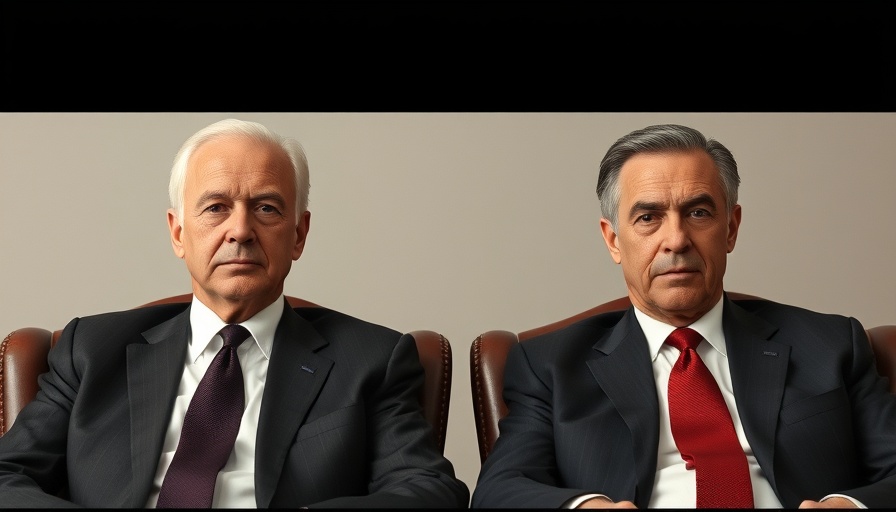
DA's Strong Reaction: A Call to Protect Institutional Integrity
The recent remarks made by General Rudzani Maphwanya, Chief of the South African National Defence Force (SANDF), have sparked a firestorm of criticism, particularly from the Democratic Alliance (DA). The DA has labeled these comments regarding Iran as "reckless grandstanding," asserting that they venture far beyond the General's designated role in the military. This incident underscores the delicate balance between military conduct and political discourse, especially at a time when South Africa's foreign relations, particularly with the United States, are under scrutiny.
The Role of Military Leadership in Diplomacy
General Maphwanya's statements during an official visit to Tehran have raised questions about the boundaries of his position. By expressing solidarity with Iran on matters such as the conflict in Gaza, Maphwanya has strayed into the territory traditionally reserved for elected officials and diplomats. The DA argues that foreign policy should solely be the responsibility of the government, specifically through the Department of International Relations and Cooperation (DIRCO). This incident emphasizes the need for a clear demarcation between military and civil responsibilities to maintain institutional integrity and accountability within a coalition government.
The Implications of Breaching Political Norms
South Africa's political landscape, shaped by a coalition government comprising various parties including the African National Congress (ANC), Economic Freedom Fighters (EFF), and the DA, is fraught with divisions. The repercussions of Maphwanya's statements could reflect negatively on the stability of this coalition, especially as the country heads toward the pivotal 2024 general elections. Voter turnout and public confidence are critical at this juncture; thus, any perceived misalignment between military and governmental agendas can have damaging effects on democratic processes.
Future Directions: What Lies Ahead?
The tensions arising from these comments signal a potential need for political realignment. With upcoming elections, the DA's response may galvanize other opposition parties who have been critical of the ANC’s handling of foreign diplomacy. As public scrutiny intensifies, citizens may demand greater accountability from their leaders, including calls for constitutional amendments that delineate the roles of military and civilian branches more explicitly. This reflects a broader trend in global politics where citizens are increasingly aware and vocal regarding the intersection of military activity and foreign policy.
Counterarguments: The Need for Open Dialogue
While the DA's standpoint on maintaining military professionalism is crucial, one might argue that open dialogue and engagement with international partners, including Iran, is vital for South Africa's strategic interests. Some analysts contend that fostering relationships across varied geopolitical landscapes can enhance South Africa's position within BRICS and other international bodies, as well as during its tenure as a G20 member. Thus, a nuanced approach that balances national security and diplomatic engagement might yield more favorable outcomes both domestically and internationally.
The Role of DIRCO Moving Forward
The Department of International Relations has taken a firm stance, indicating that only authorized government bodies can represent the country’s foreign policy. Minister Ronald Lamola’s impending clarification on the matter is anticipated to shape the narrative going forward, with a clear message emphasizing the importance of cohesive and unified political representation. Faced with rising challenges such as xenophobia, immigration policy debates, and economic policy changes, the government's ability to navigate these complex issues is underscored by the need for solidarity among its institutional leaders.
In conclusion, the current outcry over General Maphwanya's statements serves as a crucial reminder of the delicate interplay between military authority and political responsibility in South Africa. As the nation prepares for future electoral contests, it is imperative that both government and military figures act in unison, prioritizing the needs and expectations of their constituents to foster trust and transparency within the democratic framework.
 Add Row
Add Row  Add
Add 




Write A Comment